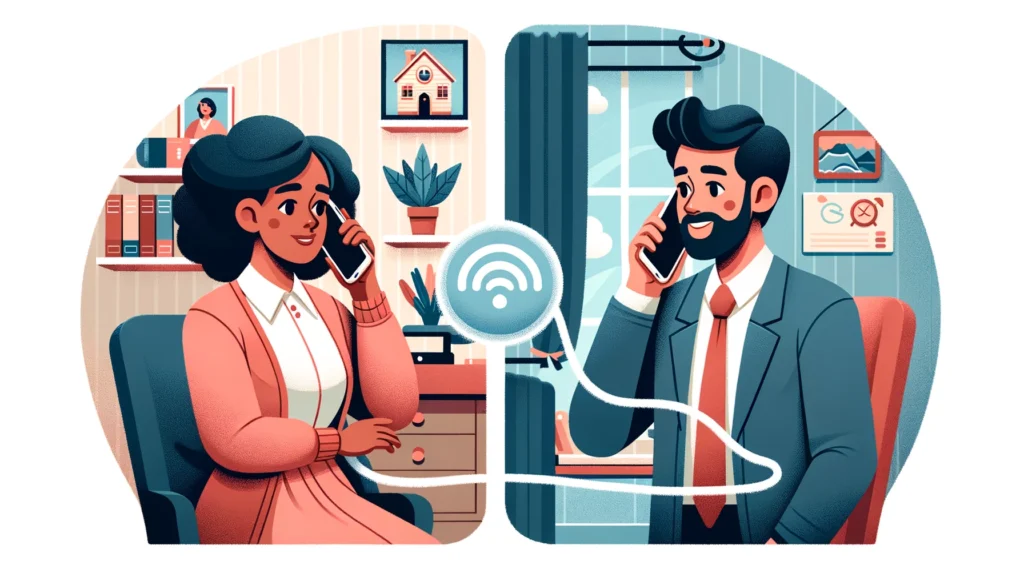The Power of Reflection & Personal Experience
Creating Space for Reflection
Highlight the importance of providing parents and caregivers with spaces for reflection on their school experiences.
Self-awareness through Reflection: Reflection serves as a tool for self-awareness, enabling parents to identify biases and values that impact their interactions with schools.
Promoting Empathy: Reflecting on their own experiences helps parents empathize with their children’s challenges and triumphs in school.
Empowerment: Reflection empowers parents by giving them a voice in the educational process, encouraging active participation, dialogue, and advocacy.
Creating safe spaces for reflection is a powerful tool for promoting parental engagement and improving the overall educational experience for students.
Reflecting on Personal Experiences
Discuss the value of reflecting on personal experiences in schools, emphasizing the diversity of backgrounds and the immigrant experience.
Understanding Diversity: Reflecting on personal experiences helps recognize the diversity of backgrounds among parents and caregivers.
The Immigrant Experience: Reflecting on the immigrant experience in U.S. schools is essential, considering unique challenges and opportunities it brings.
Embracing Diversity: Embracing diverse experiences fosters inclusivity and creates a welcoming environment for all families, regardless of their backgrounds.
Reflecting on personal experiences enriches connections between educational partners, promoting empathy, cultural competence, and a collaborative approach to education.
Influence of Personal Experiences on Approach
Explore how personal experiences shape educators’ approaches to their work.
Impact on Teaching Methods: Personal experiences in education influence educators’ pedagogical approaches.
Cultural, Social, and Economic Backgrounds: Educators’ backgrounds, including their cultural, social, and economic experiences, shape their teaching and interactions with students.
Bridging Cultural Norms: Educators bridge cultural norms and expectations, fostering a rich exchange of experiences.
Recognizing and valuing educators’ diverse experiences enriches the educational experience, promotes empathy, and strengthens the partnership between schools and communities.
Privilege Power Circle as a Tool
Unequal Opportunities: Privilege and power imbalances result in unequal opportunities for students, affecting academic outcomes.
Disproportionate Discipline: Imbalances influence disciplinary practices, potentially leading to the school-to-prison pipeline.
Representation: Lack of diverse representation can impact students’ sense of belonging and self-worth.
Institutional Bias: Privilege and power imbalances lead to institutional bias in policies and decision-making, perpetuating disparities.
Eroding Equity: Imbalances erode educational equity, making it elusive.
Social Stratification: Long-term imbalances contribute to social stratification, limiting access to resources and opportunities.
Addressing these implications requires efforts to dismantle systemic inequalities, promote diversity and inclusion, and ensure equitable access to quality education for all.

